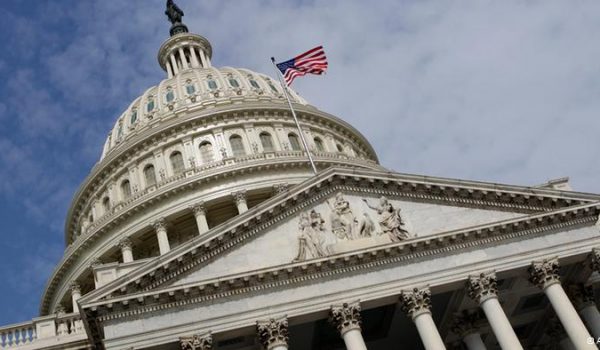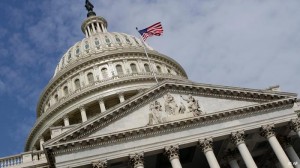
On January 1, The U.S. Congress extended for one year the government risk-sharing arrangement for commercial launch companies that had expired on December 31, 2012. The bill passed the House and Senate in the closing hours of the 112th Congress and it has been sent to the President for signature.
“The American launch industry has become a highly competitive and important sector, both in the orbital and suborbital markets,” said Michael Lopez-Alegria, President of Commercial Spaceflight Federation (CSF). “I commend Congress’ attention to this issue, as it will continue to support high-tech jobs in the launch industry and will allow the U.S. to compete in the international market.”
The bill, submitted as HR 6586, was originally intended to provide a two-year extension to commercial launch indemnification. However, the Senate replaced the House bill with a scaled back version of the Space Exploration Sustainability Act introduced last month by Sens. Bill Nelson (D-FL) and Kay Bailey Hutchison (R-TX). The House agreed unanimously to the new amended version making HR 6586 one of the last bills passed by the House in the 112th Congress. Although the bill provides only a one-year extension to commercial launch indemnification instead of the two initially presented, it includes an extension of NASA’s waiver to provisions of the Iran North Korea Syria Nonproliferation Act (INKSNA) until 2020. Therefore, NASA will be allowed to continue to purchase goods and services from Russia for operating the International Space Station. Moreover, the amended bill also includes a “Sense of Congress” supporting the development of both the Space Launch System and Orion vehicles as well as commercial crew systems.
The CSF issued a release in which the industrial organization showed appreciation for the bill’s passage. However, CSF also stated that it will continue to work towards a long-term risk-sharing provision that would provide certainty to a growing industry.
From a bill passed on the eleventh hour to another one postponed to the new Congress: the Senate did not consider HR 6612, a bill to rename NASA’s Dryden Flight Research Center after Neil Armstrong. On Monday December 31, the bill was passed by the House without objections, however, neither on Tuesday January 1 or Wednesday January 2, did the Senate bring the bill up for a vote. Now the bill has to be reintroduced and discussed again by the 113th Congress.


















































































































![A trajectory analysis that used a computational fluid dynamics approach to determine the likely position and velocity histories of the foam (Credits: NASA Ref [1] p61).](https://www.spacesafetymagazine.com/wp-content/uploads/2014/05/fluid-dynamics-trajectory-analysis-50x50.jpg)



Leave a Reply